Nelson Amenya, a 30-year-old Kenyan pursuing an MBA in France, has emerged as a celebrated figure among advocates for governmental transparency in Kenya after he revealed a controversial deal with the Indian conglomerate, Adani Group, on social media in July. His revelations pertained to a proposed $2 billion agreement to manage and modernize Jomo Kenyatta International Airport (JKIA), the largest airport in Kenya and the region, which desperately needs an upgrade.
Initially, Amenya underestimated the gravity of the documents he received, thinking it was just another typical government contract. However, upon closer examination, he realized the deal could significantly undermine Kenya’s economy by favoring the foreign company at the expense of Kenyan interests. The agreement proposed a 30-year lease where Kenya would invest heavily but receive minimal financial benefits, which he found unjust.
The authenticity of the documents was reinforced by their origin from credible government sources. The Adani Group, known for its global operations in sectors like infrastructure, mining, and energy, is a powerhouse in India, closely associated with Prime Minister Narendra Modi. Amenya uncovered that the deal might have imposed financial liabilities on Kenya if Adani’s investments did not yield expected returns.
“This deal represented a profound betrayal by our leaders,” Amenya stated, feeling a deep sense of duty towards his homeland despite the personal risks involved. The decision to expose the deal was fraught with fear for his personal safety, especially considering the perilous environment for anti-corruption activists in Kenya.
After much deliberation, driven by a sense of moral obligation, Amenya decided to share the details on his social media platform, igniting public fury in Kenya. This led to a strike by JKIA workers, demanding the deal’s termination. His motivation was clear: “I want to see a better Kenya, developed, industrialized, and free from corruption.”
The deal’s opacity and the apparent disregard for Kenyan procurement laws raised significant concerns for Amenya. He noted that there was no stakeholder consultation, a critical step in public projects, until after his exposure forced a rushed, superficial attempt at public engagement by the authorities.
Despite denials from various government officials and the Adani Group, who claimed adherence to Kenyan laws and transparency, no formal contract was signed as negotiations stalled. Adani Group refuted Amenya’s allegations, asserting that their proposals were legitimate and aimed at economic enhancement through job creation.
The turning point came when U.S. authorities charged Gautam Adani with involvement in a bribery scandal, prompting Kenyan President William Ruto to cancel the deals. During his state-of-the-nation address, Ruto emphasized his commitment to fighting corruption, a decision that was met with widespread approval in Kenya.
Amenya expressed overwhelming joy upon hearing the cancellation while in class, later tweeting “Adios Adani!!” in celebration. Despite the victory, he faced legal challenges; defamation suits were filed against him by an Adani representative and a Kenyan politician, adding to his personal trials.
President Ruto, while acknowledging the cancellation, questioned the public’s opposition to development projects, including the airport upgrade, in a later public address. Meanwhile, Amenya, dealing with legal battles and uncertain about his return to Kenya due to threats, remains resolute. He views his actions as a necessary stand for the Kenyan populace, emphasizing the importance of citizens taking action in the absence of external saviors.


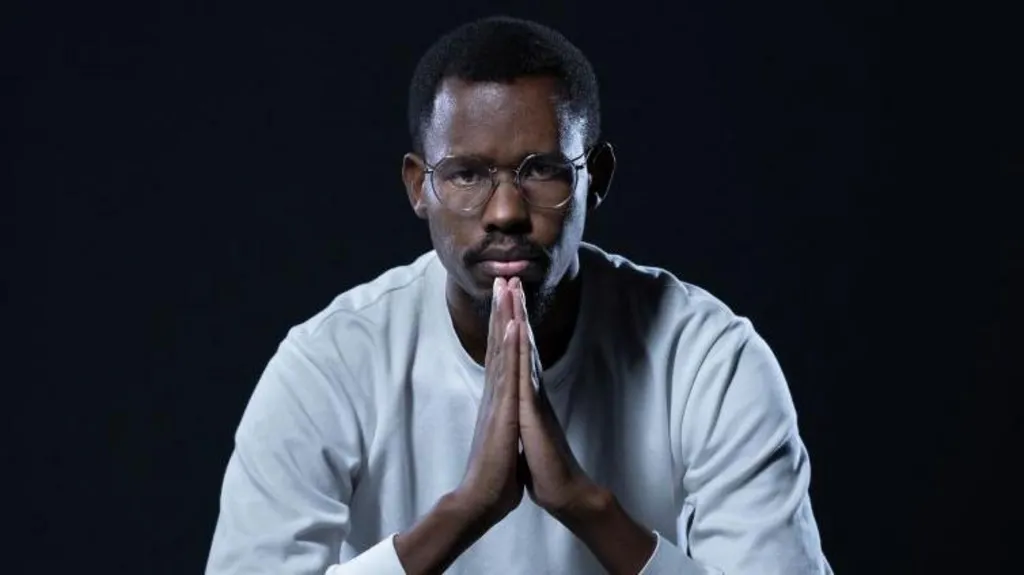


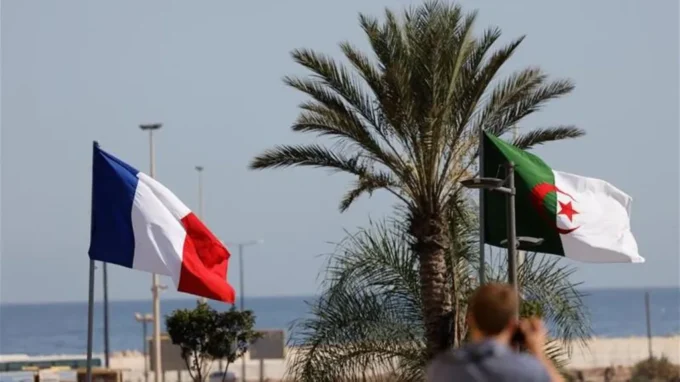

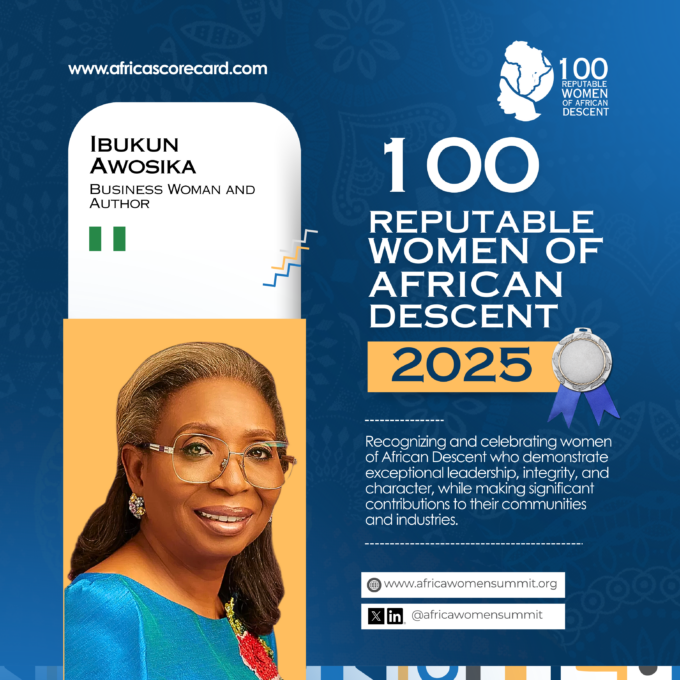
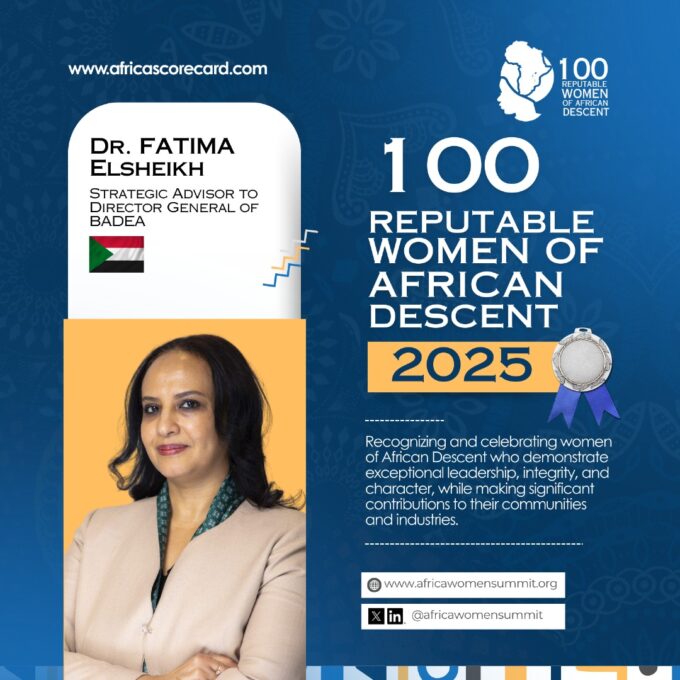

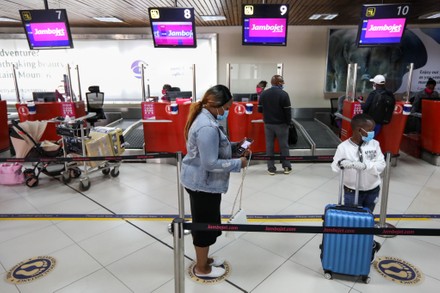



Leave a comment